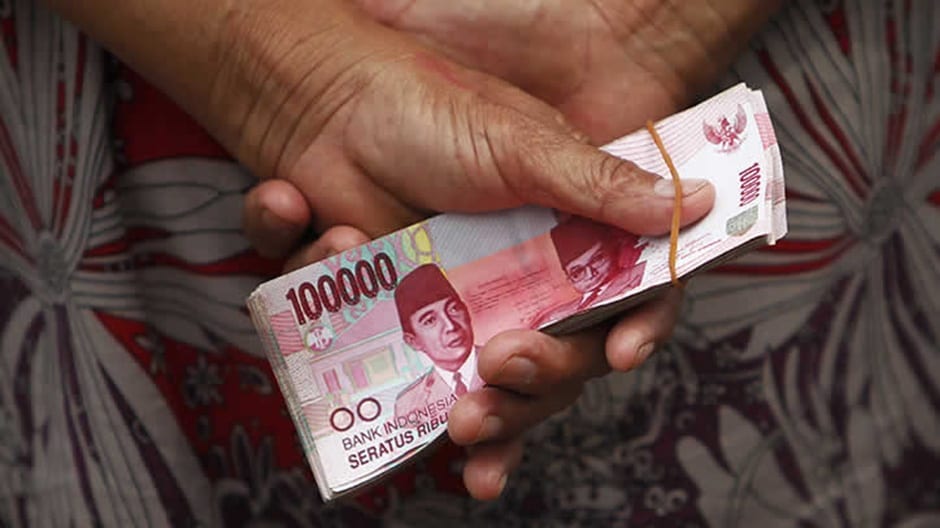
Slowing credit growth will also make it highly difficult for Indonesia’s overall macroeconomic growth to accelerate more markedly this year (the nation’s GDP is expected to expand by 5 percent this year, up from a growth pace of 4.7 percent last year). Juda Agung, Executive Director at the Economic and Monetary Policy Department of Bank Indonesia, said privately-held companies are now focusing on consolidation rather than on business expansion.
But on the other hand, Agung added, the nation’s banks have also been more careful to disburse loans as the non-performing loan (NPL) ratio has increased. However (conflicting with Agung’s statement), in a recent Bank Indonesia survey the business community of Indonesia actually indicated that it was easier to obtain credit in Q3-2016 compared to the preceding quarter.
Bank Indonesia expects credit growth to accelerate in the fourth quarter of the year on the back of the lower interest rate environment, the government’s successful tax amnesty program as well as the easier loan-to-value (LTV) ratio.
The lender of last resort cut its benchmark interest rate (the 7-day Reverse Repo rate) to 5.00 percent in September 2016, while in late August 2016 it cut the LTV ratio requirement by lowering the minimum down payment that is required for first home purchases (when using credit) to 15 percent for houses sized larger than 70 m2 (from 20 percent previously). Meanwhile, the minimum DP for the purchase of a second home was lowered to 20 percent (from 30 percent previously), while that for a third home was lowered to 25 percent (from 40 percent previously).
Nelson Tampubolon, Commissioner for Banking Supervision at Indonesia’s Financial Services Authority (OJK), informed that slowing credit growth is actually caused by slowing corporate credit. Consumer credit, on the other hand, has continued to grow, he stated.

